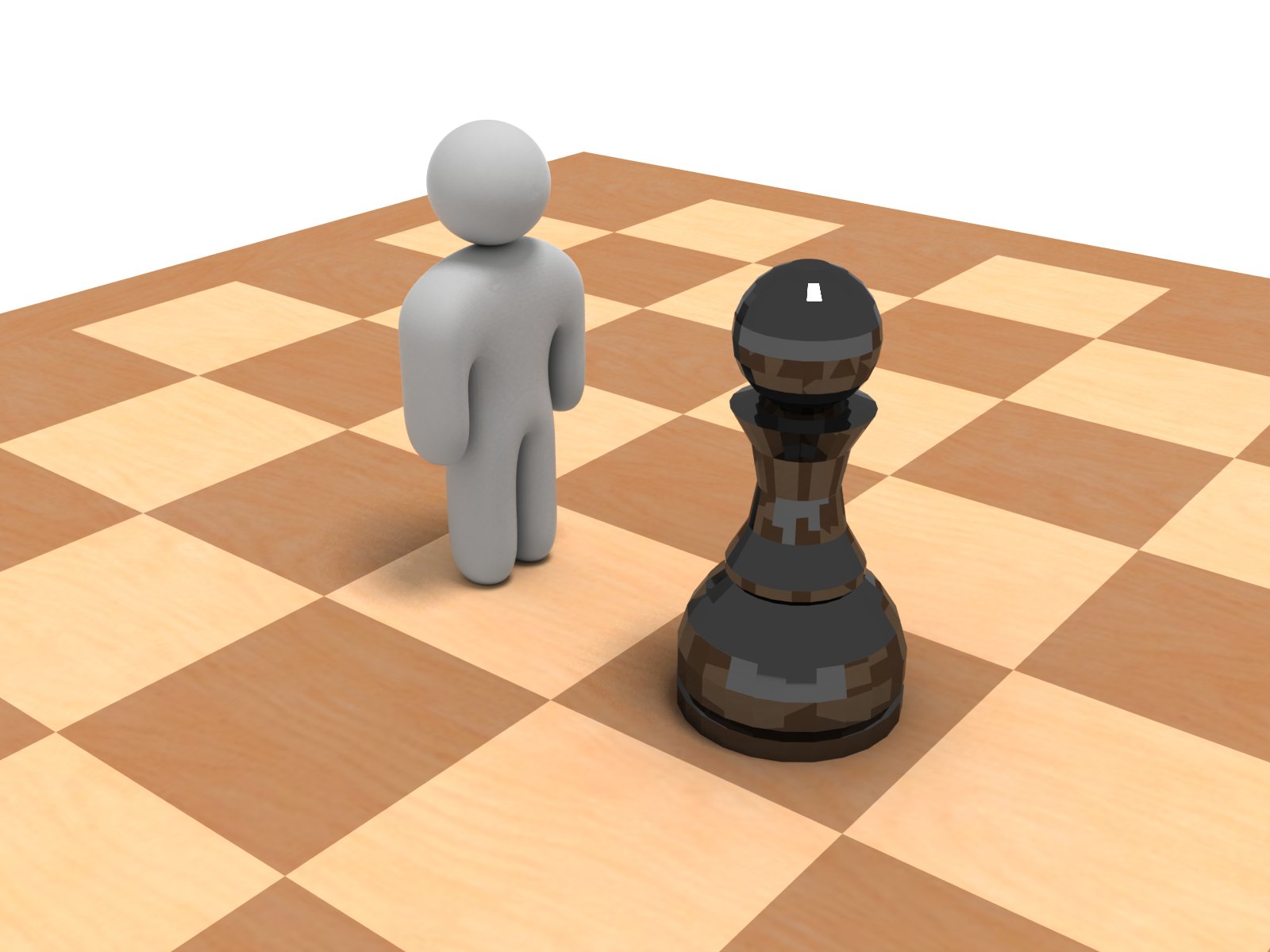intentionality, intelligence, and playfulness
Posted on Wed 08 September 2010 in Rumination
 In
an earlier blog
post
I ruminated on how creative adaptive intelligent behavior crucially
involves the ability to move in and out of what might be called
game-spaces, defined by particular rule-sets or assumptions. The ability
to step outside a formal system is critical to our being able to reflect
upon it, for example. Moreover, the creative process moves back and
forth between observing rules and selectively ignoring them, bending
them and inverting them. Yet, the constraints of such
game-spaces are also of ineliminable importance that can not be ignored.
Indeed, without these constraints there would be no game-space to step
out of. Our engagement with them is both participatory and loosely
coupled.
In
an earlier blog
post
I ruminated on how creative adaptive intelligent behavior crucially
involves the ability to move in and out of what might be called
game-spaces, defined by particular rule-sets or assumptions. The ability
to step outside a formal system is critical to our being able to reflect
upon it, for example. Moreover, the creative process moves back and
forth between observing rules and selectively ignoring them, bending
them and inverting them. Yet, the constraints of such
game-spaces are also of ineliminable importance that can not be ignored.
Indeed, without these constraints there would be no game-space to step
out of. Our engagement with them is both participatory and loosely
coupled.
While reading On the Origins of Objects by Brian Cantwell Smith I ran across a passage which runs parallel to this line of thinking. In it Smith discusses how play fits into his metaphysics and theory of intentionality:
The word 'play' is sometimes useful to describe both the world's flex and the intentional behavior that deals with it—i.e., to connote something crucially intermediate between chaos and rigidity. There must be some degree of habit or pattern or at least inchoate regularity in order for it to count as play. Yet play is neither itself, nor does it anywhere require, a straight-laced core of stringent formal rules. It lives—indeed emerges—in the middle, like a spontaneous dance, or like an improvisational session in jazz. It is as fundamental a fact as any about this metaphysics that it is based on an ineliminable notion of "playfulness"—a kind of irreducible, obstreperous, wily refusal ever to be formally captured and written down. Truly a metaphysics for Coyote. (p. 208)
The metaphysics to which Smith refers is the successor metaphysics that is the subject of Smith's book, and which will also be the subject of my next blog post.